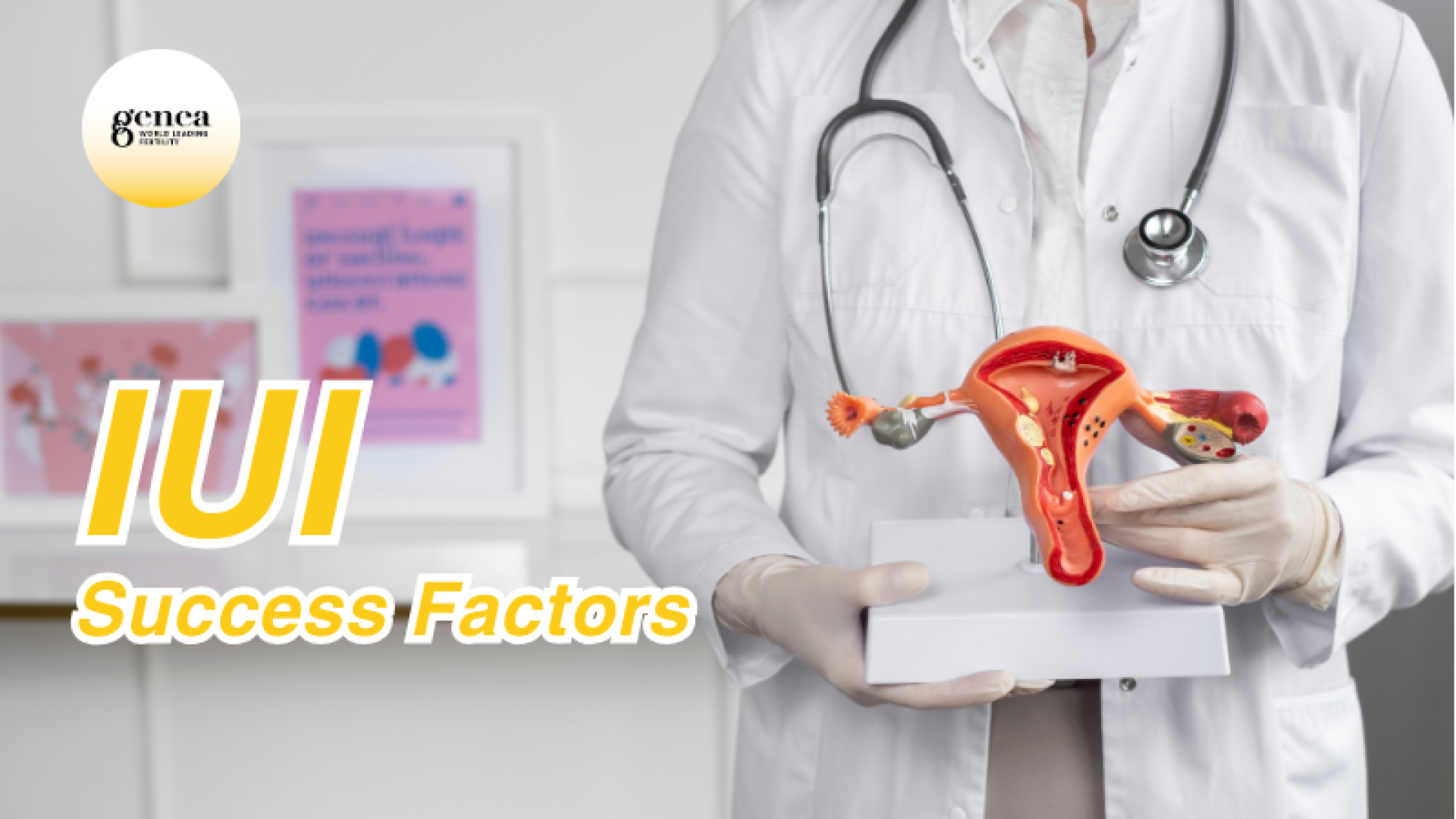IUI Success Factors: That Influence Your Chances of Conception

Today, many couples are prioritizing starting a family, but in Thailand, people tend to marry later in life. This often means theyve passed their most fertile years. According to the National Statistical Office, the average age of first marriage has steadily increased over time, from 24.7 years in 1990 to 28.4 years in 2010. This shift reflects changes in lifestyle but also brings challenges, as age significantly impacts fertility.
If this sounds familiar, it might be worth exploring how natural conception compares with assisted methods like IUI (Intrauterine Insemination). Knowing the differences can help you decide if IUI might be the right path for you.
What Affects Fertility?
Age plays a major role in fertility. For women, the number and quality of eggs decrease over time, with a sharp decline after 35. This not only makes it harder to conceive but also increases the chances of complications during pregnancy. Men arent exempt eitherafter 40, sperm quality tends to drop, with lower motility and a higher risk of genetic abnormalities.
Sperm health is also a big factor. Healthy sperm should move well, be shaped correctly, and exist in sufficient numbers. Poor lifestyle habits like smoking, excessive drinking, or unhealthy eating can impact sperm quality, as can exposure to environmental toxins. These challenges can make natural conception difficult, but they dont mean its impossible.
Challenges Caused by Fertility Issues
When these factors combine, they can lead to difficulties in conceiving. Unexplained infertility is one such challenge, where no specific cause is identified even after thorough medical evaluations. Other issues include abnormalities in cervical mucus, which can block sperm from reaching the egg, and low sperm count or motility, which makes the journey to the egg difficult. These challenges can be disheartening, but they dont mean conception is impossible.
What Is IUI, and How Does It Work?
IUI, or Intrauterine Insemination, is a simple medical procedure designed to make conception easier. In IUI, sperm is prepared and placed directly into the uterus, shortening the distance it needs to travel to reach the egg. This method is especially helpful for mild sperm issues or when cervical mucus creates a barrier.
Natural conception, on the other hand, relies entirely on timing and the bodys natural processes. Sperm must navigate through cervical mucus, travel into the uterus, and reach the egg in the fallopian tubes. If any part of this process is disrupted, it can make conception harder. IUI helps overcome these challenges by bypassing barriers and precisely timing the procedure with ovulation, giving the sperm its best chance to fertilize the egg.
|
Feature
|
Natural Conception | IUI (Intrauterine Insemination) |
| How It Works | Sperm swims naturally to the egg. |
Sperm is placed directly into the uterus, closer to the egg.
|
| Challenges | Depends on healthy sperm and perfect conditions. |
Helps with sperm issues or blockages like thick cervical mucus.
|
| Timing | Relies on natural ovulation and intercourse timing. |
Timed perfectly with ovulation, with doctors monitoring closely.
|
| Success Rate | Can be harder to achieve pregnancy if there are mild fertility problems. |
Gives sperm a boost and increases chances of fertilization.
|
Key Factors for Successful IUI
- Fertility medications are often part of IUI treatments to improve the chances of success. These medications help the ovaries release more eggs, increasing the likelihood of fertilization. Options like Clomiphene Citrate, Letrozole, or hormone injections are carefully monitored by doctors to ensure theyre safe and effective. If prescribed, theyre tailored specifically to your needs to give you the best possible outcome.
- Timing of insemination is everything in IUI. Doctors closely monitor ovulation using ultrasounds and hormone tests to find the perfect moment. The procedure is then scheduled during this fertile window to ensure the sperm reaches the egg at the right time. With precise timing, IUI helps overcome many of the obstacles that can make natural conception difficult.
When to Consider IUI

IUI is a great option for couples or individuals facing mild fertility challenges, such as unexplained infertility, issues with sperm motility or quality, cervical mucus problems, irregular ovulation, or the use of donor sperm. Its a straightforward and effective solution that gives nature a little extra help when needed.
At Genea, we take a personalized approach to fertility care. Our specialists use advanced blood tests and ultrasound technology to pinpoint your ovulation period, ensuring the insemination is timed perfectly. If you have ovulation challenges, we may recommend hormonal stimulation to improve your chances. We also ensure that the sperm used is of the highest quality, carefully prepared by our andrology team.
The IUI procedure itself is quick and simple, often described as pain-free, and doesnt require any recovery time. You can return to your daily routine immediately after. Patient costs are also significantly lower than more sophisticated procedures such as ICSI and IVF.
Choosing Genea means youre partnering with a team thats dedicated to helping you achieve your dream of parenthood. With our expertise, advanced technology, and compassionate care, were here to support you every step of the way. If youre considering IUI, lets talk about how we can tailor a plan to meet your needs.


